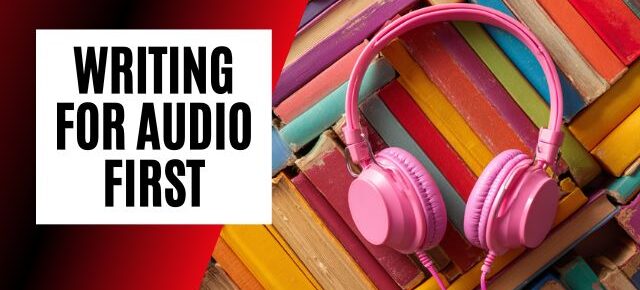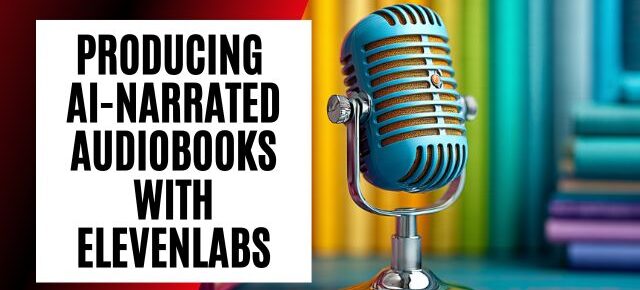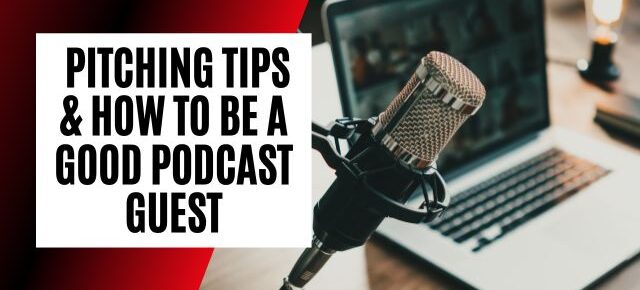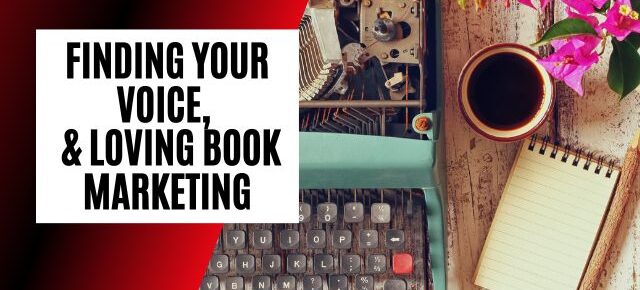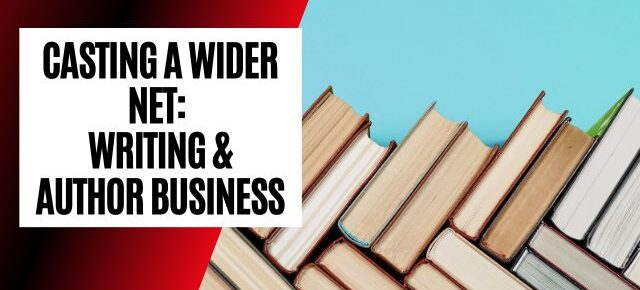How is the rise of AI changing the world of audiobooks for authors and narrators? Can a synthetic voice ever capture the nuance of human performance, and what does it mean to write for the ear, not …
Continue Reading about Writing For Audio First With Jules Horne →
